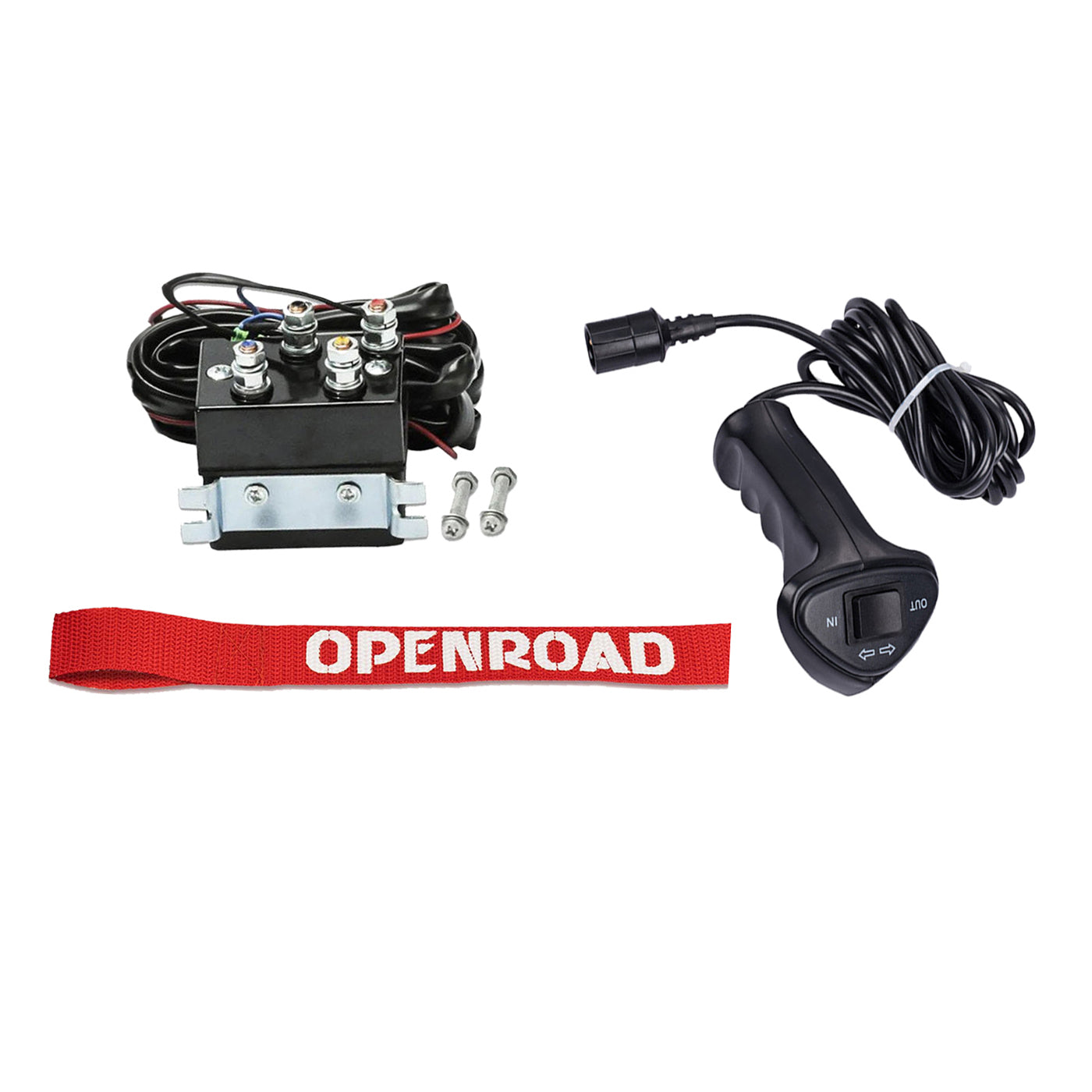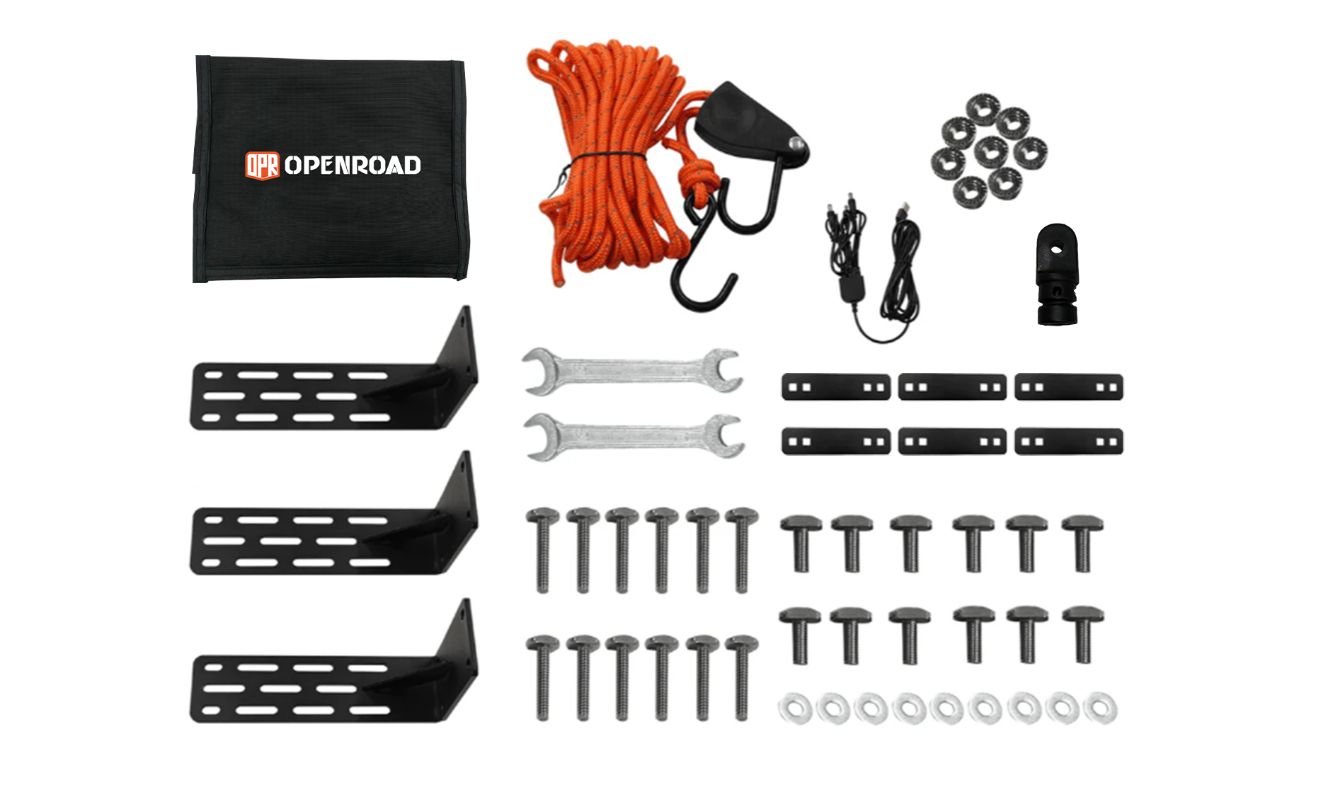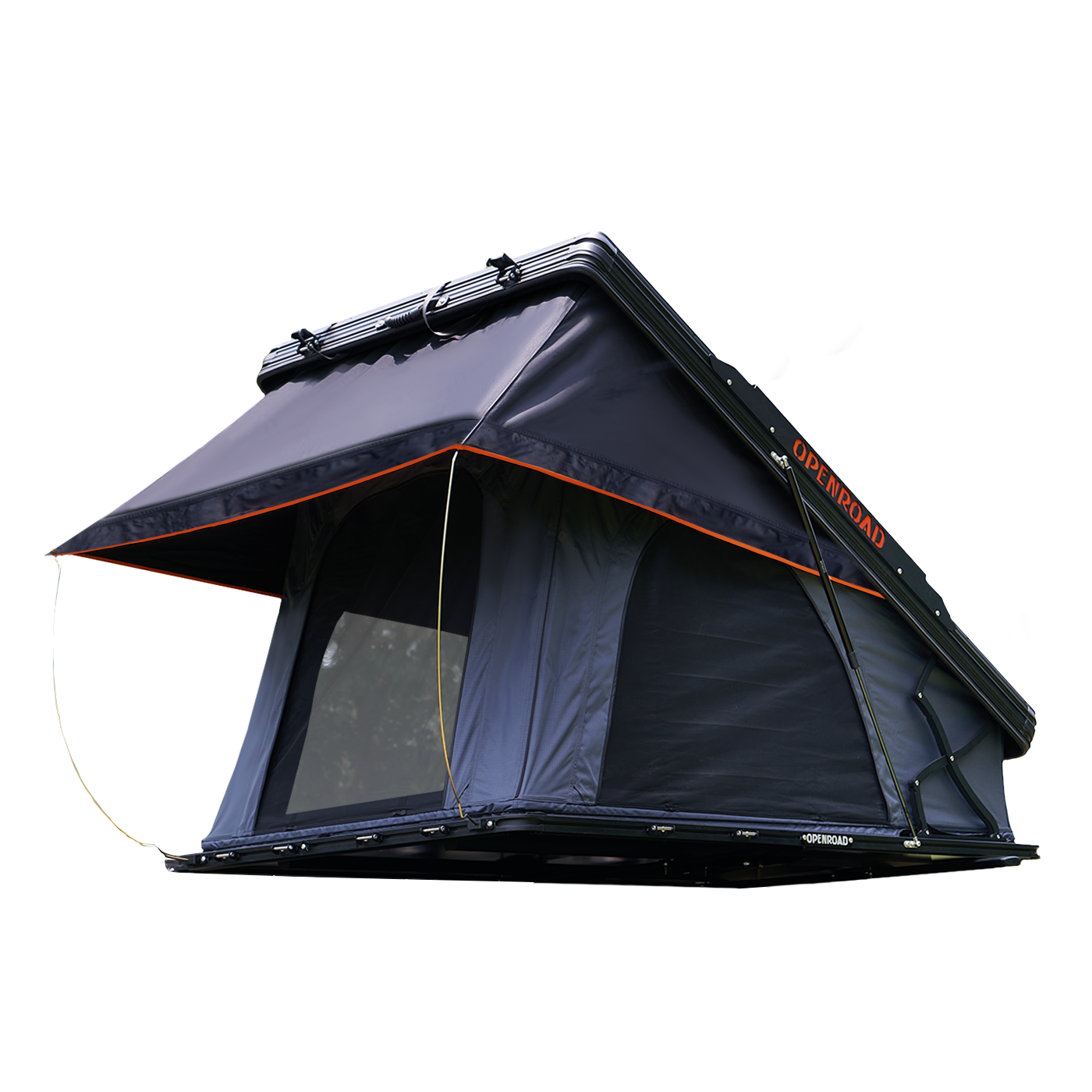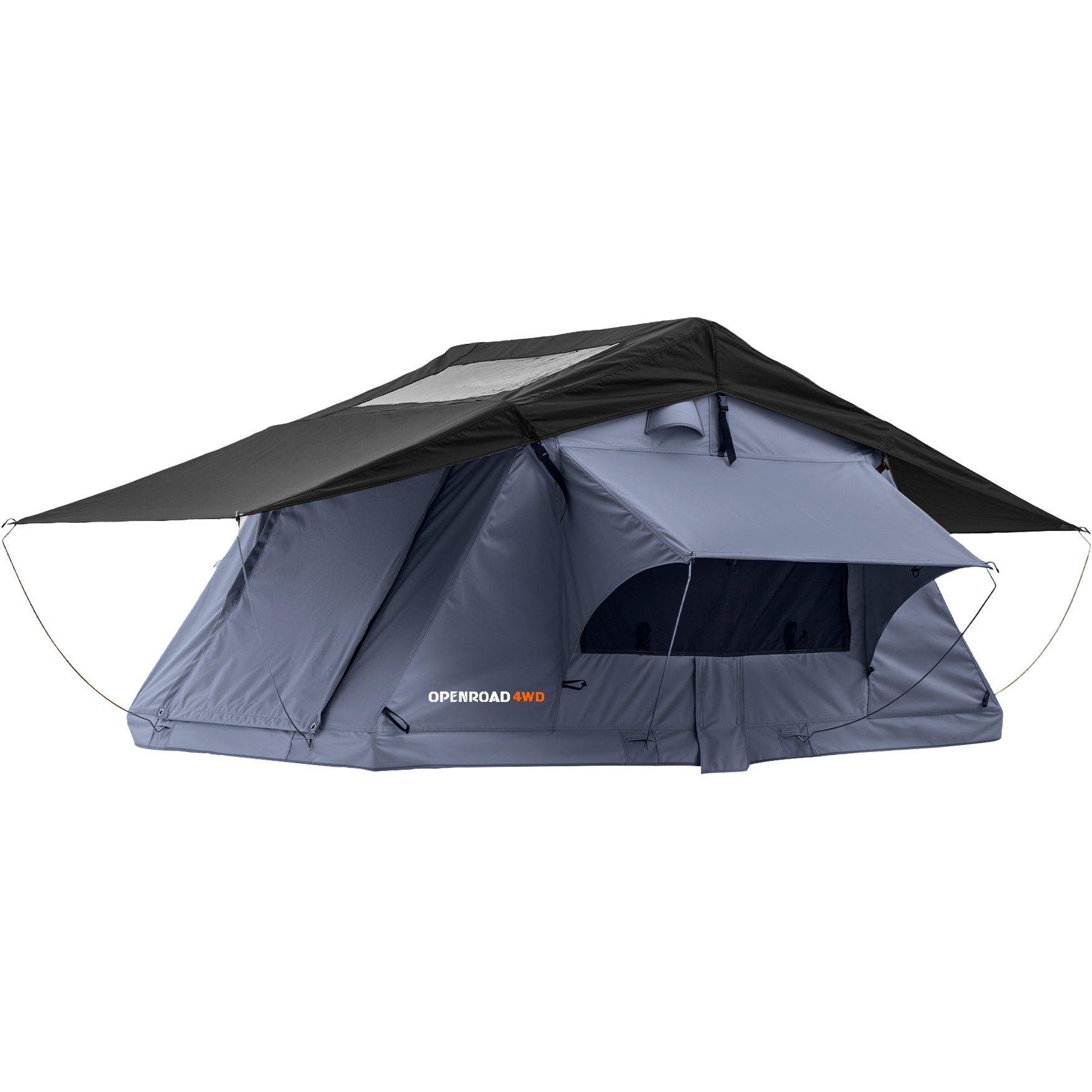How to Sleep Soundly While Camping in Outdoor Environments: Tips for a Peaceful Night Under the Stars
Camping in the great outdoors can be an incredible adventure, but sometimes, the surrounding environment can make it difficult to fall asleep. Whether it’s the sound of wildlife, an unfamiliar area, or the fear of potential dangers, getting quality sleep in these conditions can be a challenge. However, with the right preparation, you can sleep soundly, even in less-than-ideal situations. Here are some tips on how to stay safe and comfortable, especially when you're camping with an OPENROAD RTT.
1. Choose the Right Type of Tent for Safety and Comfort
When you’re planning an overnight camping trip in the wild, choosing the right tent can make all the difference in how well you sleep. A rooftop tent is an excellent option if you're looking to stay above ground and avoid potential predators. There are different types of rooftop tents to consider, such as the soft top roof tent and the more rugged hard shell rooftop tents.
Soft Top Roof Tent: Lightweight and easy to set up, a soft top roof tent offers convenience, especially for short trips or weekend getaways. However, it’s worth noting that these may offer less insulation compared to hard shell models, so they might not be the best choice in cold weather or for those seeking extra security.
Hard Shell Rooftop Tent: A rooftop tent hard shell is a more durable and secure option. Not only does it provide excellent insulation for colder climates (perfect for Winter Camping), but it also offers a higher level of protection from unwanted wildlife or environmental hazards. These tents are often easier to set up and provide a more stable base.
For added stability, consider a cross bar for rooftop tent. It ensures that your rooftop tent remains securely mounted to your vehicle, reducing the risk of shifting or discomfort while sleeping.
2. Camp in the Right Location
When it comes to camping, location is key—especially in potentially unsafe areas. While it's tempting to hit a trail and find a remote spot, make sure you're aware of your surroundings. Before setting up, make sure to assess the Trail and surrounding area. If you are in an area known for unpredictable weather or dangerous animals, a rooftop tent offers the safety and security you need to sleep well. It keeps you off the ground, offering protection from things like snakes, insects, and other creatures.
3. Managing the Sounds Around You
One of the biggest challenges when camping in areas with unknown risks is the noise. Whether it's wildlife in the area or the sound of snoring from fellow campers, the sounds of the outdoors can disrupt your sleep.
If you suffer from insomnia, it’s important to create a soothing environment. Consider packing a sleeping mask or earplugs to block out disruptive noises, especially if you’re worried about snores from others or the night sounds of the forest.
Another tip: bring along a white noise machine or use a smartphone app to drown out disturbing sounds. Some people even opt for nature-themed sleep playlists to mimic the calming sounds of rain or ocean waves, which can help lull you into a peaceful slumber.
4. Prepare for Winter Camping and Temperature Fluctuations
If you're camping in colder conditions or during the Winter, you’ll need to take extra steps to ensure you stay warm and comfortable while sleeping. A good-quality sleeping bag designed for cold weather is essential. Additionally, consider using thermal liners and insulated mats beneath your sleeping bag to keep warmth from escaping.
Hard shell rooftop tents often come with built-in insulation, which can make a huge difference in maintaining a comfortable temperature inside. The additional protection keeps you warmer and helps you sleep through the night, even when temperatures drop dramatically.

5. Relax Before Bed to Combat Insomnia
It’s common to feel a little uneasy when camping in less secure environments. However, maintaining a calm mindset is essential for getting a good night’s rest. Try winding down before sleep by doing things like reading, journaling, or simply enjoying a hot drink. This relaxation can ease your mind and help you overcome the nerves that may come with the unfamiliarity of being outdoors.
6. Safety First: Always Be Prepared
Lastly, ensure you have a reliable Overland kit with you when heading out on your camping trip. It’s important to be ready for anything. In case of an emergency or an encounter with wildlife, having first aid supplies, a flashlight, and a whistle can provide reassurance. Camping in areas that feel less safe means you must always be prepared for the unexpected.
Final Thoughts
Camping in the wild offers immense beauty and adventure, but it also comes with its own set of challenges—especially when the surrounding environment feels unsafe. By choosing the right tent, preparing your campsite carefully, managing external noise, and keeping yourself warm, you can sleep soundly and safely under the stars. With the right mindset and tools, you can enjoy the outdoors without compromising on a good night’s rest.
So, whether you’re preparing to hit a trail, setting up your rooftop tent, or simply soaking in the beauty of nature, remember that a peaceful sleep is possible with the right preparation. Happy camping, and may you have many restful nights under the sky!
























Leave a comment